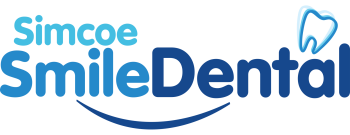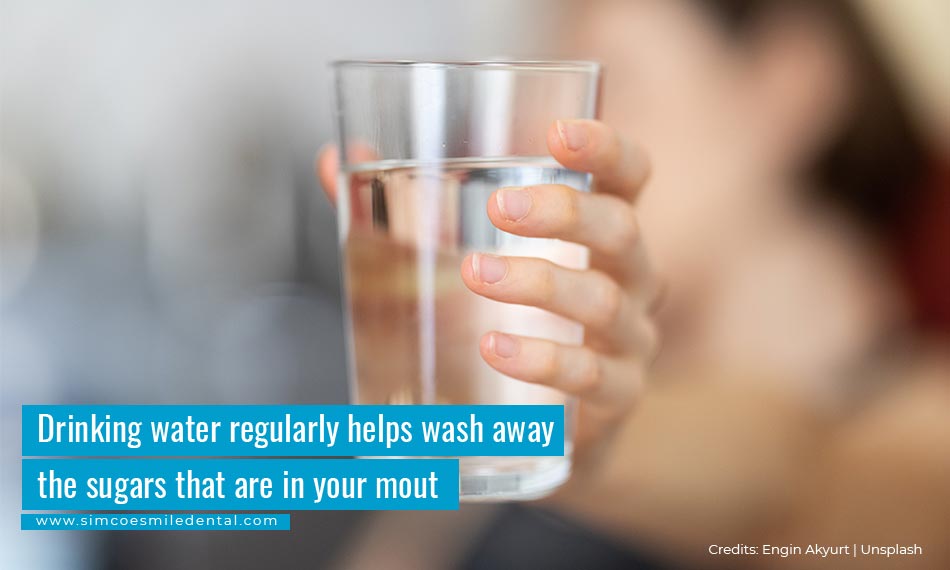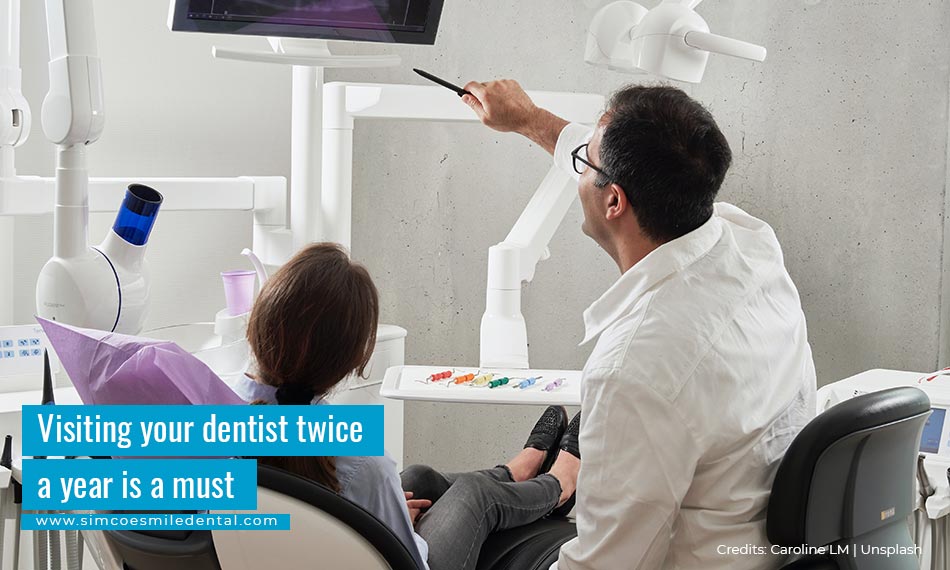This article is for all those who have had questions about the do’s and don’ts of oral hygiene. There are obvious answers, but here, we take the science of these steps seriously. Read on to learn the basics of oral health care.
Why Do We Need to Develop Good Oral Health Routine
This might be a no brainer, but good overall oral health care practices help prevent issues related to poor dental health management. Simple as that. Your total health is dependent on your oral health.
Daily preventative care, including appropriate brushing and flossing, can help prevent problems from arising and is far less painful and less expensive than treating disorders that have progressed.
If you do not develop good dental habits, issues could arise that may affect your overall well-being.
Do’s and Don’ts of Oral Healthcare Practice
- Don’t go to bed without brushing your teeth
Better yet, don’t go to bed without cleaning your whole mouth. The biggest enemy of your overall dental health is the accumulation of bacteria in your mouth. These bacteria will utilize the sugars that are present in the food and drinks that go through your mouth.
Dental health issues do not occur overnight. These issues are the gradual decay of the parts of your mouth due to the accumulation of dirt and debris. It is always best to make sure that you brush regularly to prevent the accumulation of these issues.
- Do Floss Regularly
Flossing is one of the most overlooked oral health care practices. Flossing is not merely meant to loosen the plaque and debris in between your teeth. Rather, it helps stimulate the gums, reduce the accumulation of plaque, and help lower inflammation of the lower gums.
The reduction in the accumulation of plaque will lead to better overall periodontal health and reduce the likelihood of these particles of plaque from calcifying, known as tartar. Once tartar has built up, only a dental health professional with the right tools will be able to remove them.
- Don’t brush too vigorously
Some may believe that brushing aggressively means that they will be able to get all the dirt, plaque, and debris out much better. Unfortunately, this causes more harm than good.
See, the thing that keeps your teeth strong is called enamel. This is the thin outer covering of the tooth. While this is said to be the hardest tissue on the human body, this can wear away pretty quickly when brushing too aggressively.
- Do drink a lot of water
Water is absolutely necessary for all the bodily functions you have, especially when it comes to oral health care.
Water helps wash away the sugars that are in your mouth helping prevent the buildup of plaque and other forms of debris. It also helps keep the acids away, preventing them from eating away at the enamel. This reduces the chances of eventually developing cavities and tooth decay.
Additionally, drinking water can wash away particulates that may stain your teeth.
- Don’t use hard bristled toothbrushes
While plaque and debris in your mouth can sometimes be difficult to remove, this is still not a reason to turn to toothbrushes with harder bristles. Hard bristles brushes can sometimes be painful and may even cause your gum line to recede.
When buying a new toothbrush, you’ll often see categories: Soft, Hard, For Sensitive Teeth. If you are not suffering from sensitive teeth, get the soft-bristled brushes.
Toothbrushes for people with sensitive teeth are soft and are good for you. However, they can sometimes be too soft which means you need to spend more time brushing than usual. By getting a soft bristle, you will be able to brush efficiently without having to spend a longer time.
- Do Consider Using Mouthwash
Mouthwash basically helps in 3 ways. First, they help reduce acidity in your mouth which prevents the erosion of enamel from your teeth. Second, they help clean the nooks and crannies in your mouth that are not reachable by a toothbrush or dental floss. Third, mouthwash remineralizes teeth.
All these benefits considered, which one should you get? There are a ton of options to choose from, and brands would always advertise their products to be the best and the only ones you need. This is not true.
Different patients will have different conditions, and will thus require different products to use. The best way to get this sorted out is by visiting your dentist and asking them about it.
- Don’t Forget to Visit Your Dentist Regularly
Practicing all these good dental health habits doesn’t mean you should skip out on your dental appointments.
You still have to visit your dentist regularly for routine checkupsThis is to make sure that you are not suffering from any other issues that may or may not have presented symptoms yet. There are many factors that may cause dental health issues. There are a variety of other ailments that can cause oral health issues, which is why you need to see your dentist twice a year.
As you get older, your dental health needs will change over time. The healthy habits you have now may not be the best practice for you 10 years later.
If you’re looking for a trusted dental health clinic in Oshawa, turn to Simcoe Smile Dental for a professional consultation. Give us a call at 289.312.1482 or send us an email at smile@simcoesmiledental.com.


